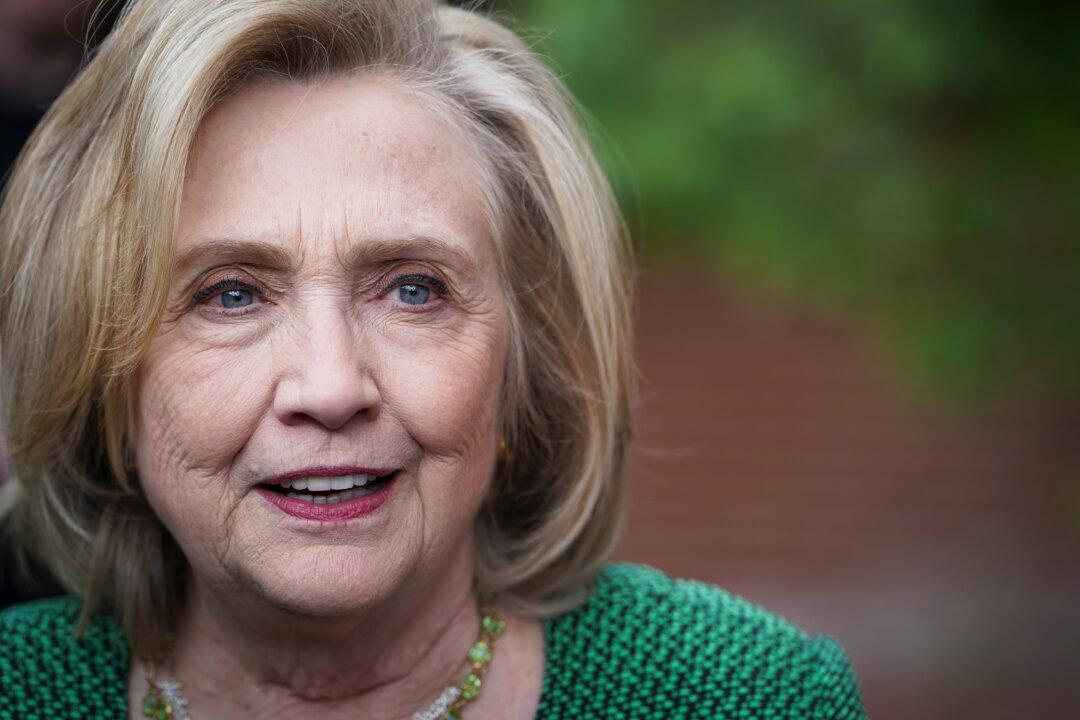A federal judge is weighing whether to throw out a case against the IRS that alleges the Clinton Foundation violated federal law and should have its tax-exempt status revoked.
U.S. Tax Court Judge David Gustafson on May 30 asked the government and experts who brought a whistleblower claim to the IRS based on a years-long investigation of the foundation to submit additional filings in light of recent developments in other cases.





